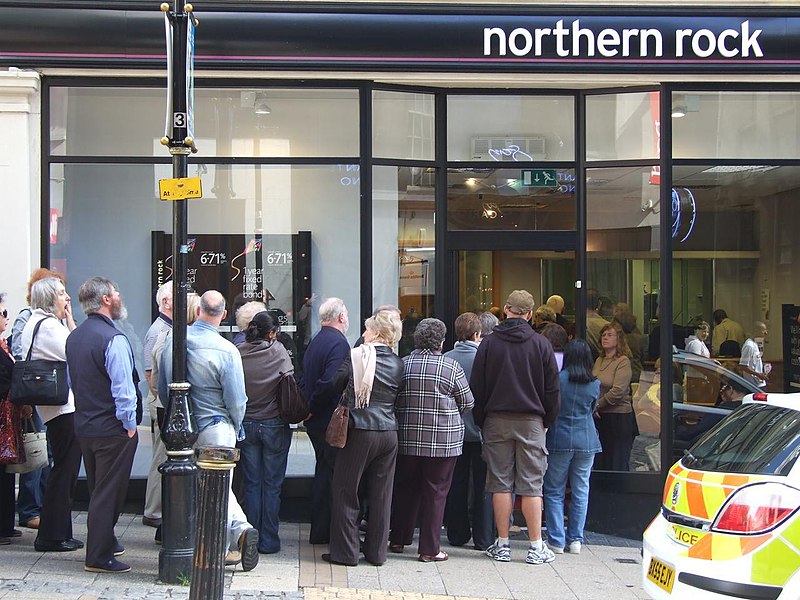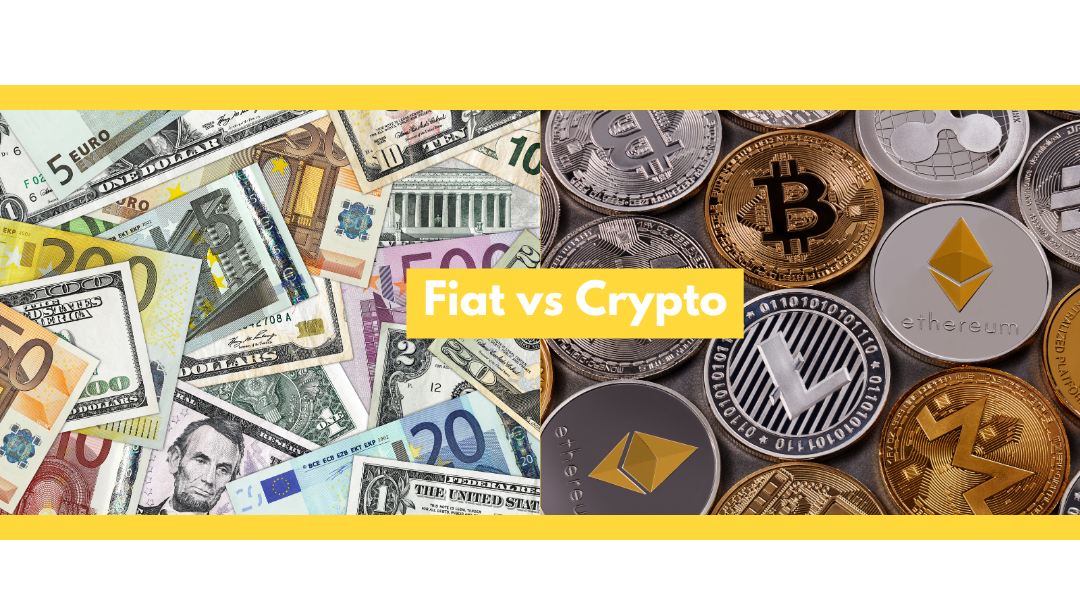HFL Admin
Free Market Banking
Posted on April 4, 2023

By Jeremy Baker
The failure of Silicon Valley Bank and Signature bank, with the take-over by the FDIC, rocked the news and financial sector. The big question I asked myself: Would those banking failures have happened in a free market? I think they would, but not at the scale, we saw as long as the free market was mature.
Three issues I’d like to focus on:
1. bank runs
2. banks being insolvent
3. currency creation
Bank runs are where depositors of a specific bank pull out all of their deposits from that specific bank to the point the bank loses a large share or majority of their deposits and depositors. A bank being insolvent is where it does not have enough valuable assets to cover all depositors if there were to be a bank run. Currency creation is the method new currency is created in a market system.
Precursors to the banking failures, banking regulation, FDIC, and the federal reserve all had policies and rules to regulate what the entire market relies on for standards and practices. Legal rules put in place in 2010 were relaxed on mid-sized banks in 2018. With the freedom those banks had, they had the opportunity to implement policies and practices they desired, which isn’t a bad idea if used responsibly. Unfortunately, the government has not spent enough time maturing individuals in the market to make wise decisions. The leaders of some of those smaller banks were not mature enough to handle that freedom and the depositors weren’t used to expecting to evaluate the risk of putting their money and trust into a potentially unstable bank.

As with many modern recommendations of parenting, letting a kid make a mistake and learn from that mistake is better than being an authority setting rules and guidelines that they never learn why they should be followed. Likewise, the government was not a great steward for maturing banks and depositors to function within a free market, nor would I expect it to ever be.
For a free market to mature, individuals participating within it need to look at the behaviors of peers within the market and learn from their mistakes, rather than copying them. Other mid-sized banks should take note of the misuse of freedom by SVB and Signature and use those two banks as an example of what not to do. Depositors should have a heightened awareness of the practices of the bank they choose to use, especially the large depositors. If a depositor cannot evaluate the risk of a particular bank, they should not use that bank. Market standards in a free market system come from the demands of customers and a business’ drive to increase its market share.
Any free market system is likely to have hiccups and mistakes that the rest of the market must learn from to mature.
The government’s solution to the misuse of freedom was to bank-roll insolvent banks to cover the depositors. The government basically made zero consequences to depositors for choosing a poorly-run bank. The best lesson that could come from banking failures is that depositors should be evaluating where they are storing their cash. Without a major announcement from SVB or Signature about changing their banking practices to ensure solvency, zero depositors should go back. Any bank that does not provide a plan to handle solvency during a bank run should be considered a risk to a depositor and if used, the only money that could be entirely lost should be put into it, just like buying cryptocurrency.

The new practice put in place by the government fixes that issue for banks but comes with significant costs: currency devaluation and immature depositors. As we know, the federal reserve can arbitrarily create digital money by increasing the assets on their balance sheet, this risks destabilizing the entire economy. Depositors will also not learn a lesson since the government ‘saved’ them. It will be interesting to see what dominoes in the market fall now.
The big looming questions are still: What would a mature free market have done? What does that even look like? The matured behavior in a deregulated market is one where depositors evaluate their risk of doing business with a bank and a bank provides its practices and plans to gain the trust of its depositors. Depositors and Banks would evaluate multiple currencies and primarily use currencies that have a publicized and self-regulated method of creating new money. Note I said currencies, not just one, a matured free market would also have banks and depositors diversify their currencies as a risk-reduction measure. As a cryptocurrency fan, I know cryptocurrency is a risk, but with how the US Dollar is managed now, I see cryptocurrency as less risky just due to the fact that new coins cannot be arbitrarily created beyond what everyone knows publicly. The only thing missing from cryptocurrency is market-wide adoption as a payment method for goods and services.
We should be striving for creating a mature free market and let immaturity see proper consequences for all parties involved. The best advice I can give is that as a depositor, your deposits to a bank, exchange, or external entity may seem like yours, but they’re managed and held by someone else. The risk you put in keeping your money in the bank is the same risk cryptocurrency enthusiasts have with storing their coins in a hot wallet. The only way to be truly secure with your money is to have it with you or put it into assets you can store yourself that are good stores of value, such as gold and silver bullion. We won’t get out of the brewing mess until individuals and businesses accept a currency that has a better store of value than the U.S. Dollar and hopefully the government will not attempt to regulate that commerce out of existence.

Responses